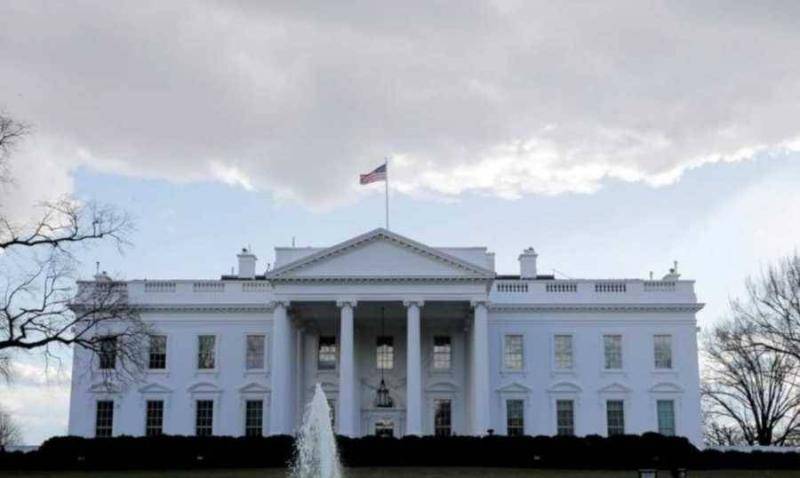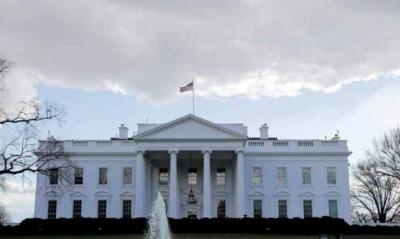On Wednesday, U.S. Director of National Intelligence Avril Haines informed the Senate Intelligence Committee that Russia, China, and Iran continue to pose the most significant threats to elections in the country, despite an increasing number of threats from other actors. Cybersecurity and Infrastructure Security Agency (CISA) Director Jen Easterly noted that "the most concerning threat to this year's elections is directed at election workers, often stemming from false narratives about the 2020 elections." Both Haines and Easterly stated that the federal government's ability to protect elections has improved in recent years and that they have never been more prepared. Easterly mentioned that some election workers have resigned due to the threats they received. She added, "Such claims erode the sacred foundations of our democracy and have led to harassment and threats of violence against election officials from both parties and their families."
Haines indicated that Russia remains the most active foreign threat to elections, aiming to erode trust in U.S. institutions, exacerbate societal divisions, and reduce U.S. support for Ukraine. She stated that China possesses a sophisticated influence apparatus but did not deploy it in the 2020 presidential elections, and there is no indication it will do so in this election. In previous elections, China targeted candidates from both political parties to garner support for its foreign policy initiatives, such as its territorial claims in Taiwan and Tibet.
Earlier this week, the intelligence community reported that threats against election workers have been "amplified" by new technologies, including artificial intelligence. In this election cycle, AI has also been used to disrupt campaigns, including a campaign involving fake robocalls using President Biden's voice. The Senate Rules Committee approved three bills on Wednesday to protect elections from deceptive artificial intelligence, while a bipartisan group of senators revealed a roadmap for how Congress should regulate AI on the same day.




